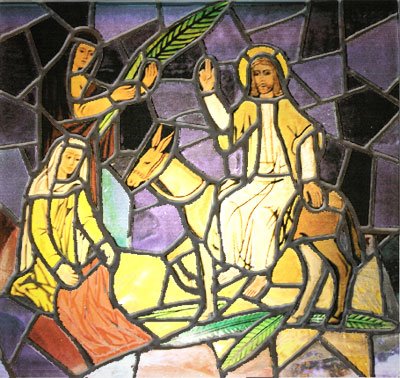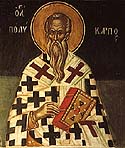 In America’s capital, gay marriage is now legal, highlighting the role of religion in the struggle for homosexual rights.
In America’s capital, gay marriage is now legal, highlighting the role of religion in the struggle for homosexual rights.
AUR’s official stance is that the push for gay marriage is well-intentioned but misguided: although we do believe in equal rights and dignity for gays and straights before the law, we also believe that the government should not discriminate based on relationship status and should not be involved in anything that is — in the overwhelming majority of cases — a religious institution.
The truly progressive position is that the institution of marriage belongs to churches and cultural organizations, and therefore has no place in legislatures and courtrooms. Still, the legalization of gay marriage reaches toward social justice, even if it falls short of achieving it.
The larger issue of homosexuality in society remains in play, and forces opposed to gay rights will certainly fight to have gay marriage in DC (and elsewhere) repealed, renamed, or outright banned. The governor of Virginia has recently declared anti-gay discrimination in state government acceptable, and the ability of homosexuals to serve openly in the American military continues to be obstructed by the infamous “Don’t Ask, Don’t Tell” policy.
Although there are many arguments against homosexuality, the anti-gay movement draws key inspiration from religion, specifically Christian scripture. It is this inspiration that is the subject of this Thursday’s homily.
Continue reading →
 Today is Loyal Thursday, the 4th Thursday after Easter and the Ultimate Thursday of the 12 Days of Trust, the second dozenal of the Ascension Season.
Today is Loyal Thursday, the 4th Thursday after Easter and the Ultimate Thursday of the 12 Days of Trust, the second dozenal of the Ascension Season.

 Joyful Thursday, the second Thursday after Easter, is the Ultimate of the 12 Days of Blessings, the first of the three dozenals of the Ascension Season.
Joyful Thursday, the second Thursday after Easter, is the Ultimate of the 12 Days of Blessings, the first of the three dozenals of the Ascension Season.
 Palm Sunday commemorates the day Jesus entered Jerusalem on the back of a colt (or donkey) with throngs of Messianic enthusiasts paving the way with palm fronds. Celebrations of this holiday therefore often include palms.
Palm Sunday commemorates the day Jesus entered Jerusalem on the back of a colt (or donkey) with throngs of Messianic enthusiasts paving the way with palm fronds. Celebrations of this holiday therefore often include palms. In America’s capital, gay marriage is now legal, highlighting the role of religion in the struggle for homosexual rights.
In America’s capital, gay marriage is now legal, highlighting the role of religion in the struggle for homosexual rights. During this Lenten season leading up to
During this Lenten season leading up to  Although not an official AUR holiday, today we honor St. Polycarp, who was martyred at the age of 86 or older on February 23rd at some point in the mid-2nd Century for refusing to light incense to the Roman Emperor. He was first set on fire, then stabbed to death.
Although not an official AUR holiday, today we honor St. Polycarp, who was martyred at the age of 86 or older on February 23rd at some point in the mid-2nd Century for refusing to light incense to the Roman Emperor. He was first set on fire, then stabbed to death. Typically, Reform Unitarianism avoids the veneration of the cross, so it may seem strange for RU’s to join the rest of Christianity in the Ash Wednesday ritual.
Typically, Reform Unitarianism avoids the veneration of the cross, so it may seem strange for RU’s to join the rest of Christianity in the Ash Wednesday ritual.